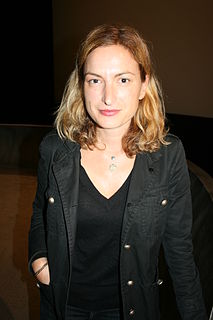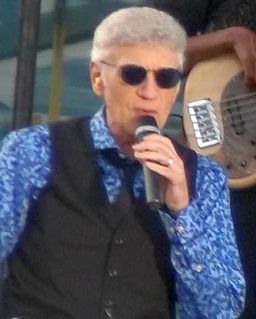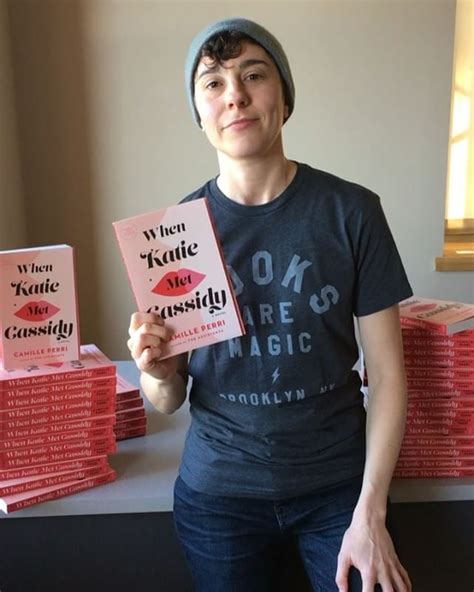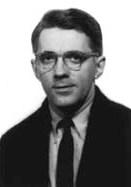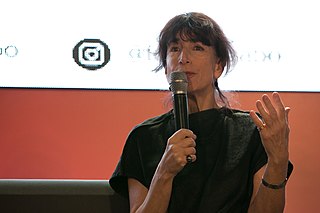A Quote by Jens Lekman
I realize that 'Postcards' was like input, and 'Ghostwriting' was output. I had all these frustrations and feelings before I did those two projects. 'Postcards' was something that brought new life and creative inspiration into the record, while 'Ghostwriting' was relieving myself.
Related Quotes
At the heart of all photography is an urge to express our deepest personal feelings - to reveal our inner, hidden selves, to unlock the artist. Those of us who become photographers are never satisfied with just looking at someone else's expression of something that is dear to us. We must produce our own images, instead of buying postcards and photo books. We seek to make our own statements of individuality.




